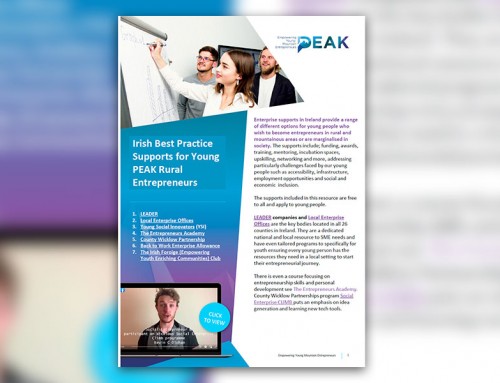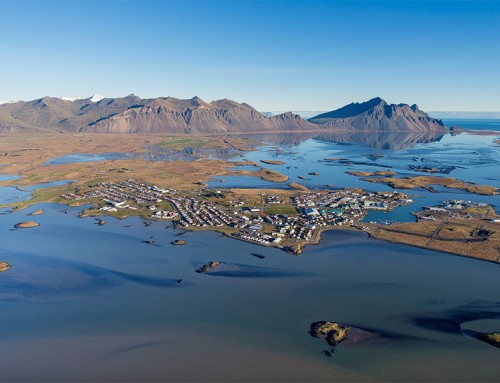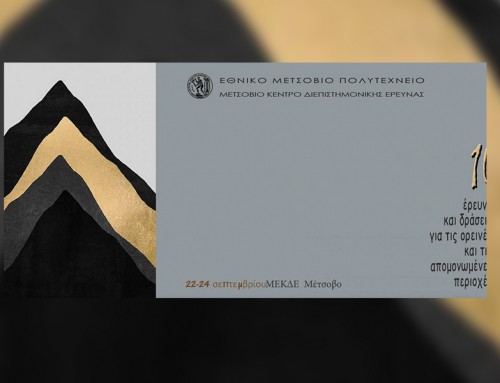Supporting business development and entrepreneurship: Tourism research on the west coast of Scotland
Starting a series of blog posts that highlighted the work of our partners, we begin with the our Scottish lead partner, the Centre for Recreation and Tourism Research, part of the University of the Highlands.
West Highland College UHI, based on the shores on Loch Linnhe, on the west coast of Scotland
The Centre (https://www.whc.uhi.ac.uk/research/), established in 2012, is one of Scotland’s leading tourism research centres. Based at West Highland College UHI it has a huge network of overseas colleagues, clients and collaborators and an impressive portfolio of activity. Working predominantly in an industry-facing capacity, the Centre is currently involved in eight EU-funded initiatives, co-financed through the ERASMUS+, Horizon 2020, ERDF, JPI and INTERREG programmes. We work closely with the School of Adventure Studies (https://www.whc.uhi.ac.uk/study-at-whc/school-of-adventure-studies/) on a number of these initiatives, and place great value on the research-teaching linkages.
Many of the Centre’s initiatives are focussed on extending the marketing reach of new or existing businesses to diversified global markets or new consumers, taking advantage of the greater reach that can be achieved through collaboration. One of the most influential such initiatives has been on the development of ‘slow adventure’, a model for responsible tourism development that serves as an antidote to people’s constrained urban lives.
Slow Adventure as a marketing concept was developed, and trademarked, in a trans-national marketing project co-financed by the Northern Periphery and Arctic programme (http://saint.interreg-npa.eu/) led by the Centre, with partners across northern Europe. It sought to explore the possibilities for business clustering and the use of the Slow Adventure brand to extend the marketing reach of micro-businesses.
The core of slow adventure is to create slow experiential journeys that encourage people to enjoy and experience the outdoors at an unhurried pace, to explore our less-trammelled landscapes and where ‘being connected’ means immersion in remote and wild places and local cultures. The work undertaken in the project has ultimately led to the creation of Slow Adventure Ltd, a socially-conscious outbound tour operator that helps micro-businesses in rural areas to package and sell high-quality immersive slow adventure experiences to a global market of affluent, ethical consumers.
Taking a degree of inspiration from slow adventure its operation, a current initiative across the peri-Arctic is focussed on the development of ‘scientific tourism’, helping small businesses and start-ups based in remote northern regions to create, promote and sell new products offering tourists a scientific tourism experience, through supporting the development of new educational products and leading a transnational marketing campaign.
The researchers have been engaging with rural businesses to ascertain the extent to which experience providers are currently engaged in scientific teaching and how the project can help them to further develop and market scientific tourism products. The goal is to create an umbrella organisation that gives businesses a package of benefits including access to an established scientific tourism identity using the brand name ‘Wonder Seekers’, a website (https://thewonderseekers.com/) where they can market and sell their products, have access to transnational promotional campaigns, a supportive network of businesses offering similar products and guidelines reflecting all the expertise gained throughout the course of the project.
These projects have common objectives – working directly with existing or nascent small businesses across Scotland to enable them to diversify their business or enter new market segments, whether through the development of new products, identifying new routes to market or facilitating clustering with other companies. While the PEAK project may have a particular focus on youth entrepreneurship, the Centre is able to draw on its wider experience to help shape the development of engaging learning resources to support young people in the commercialisation of their business ideas.




